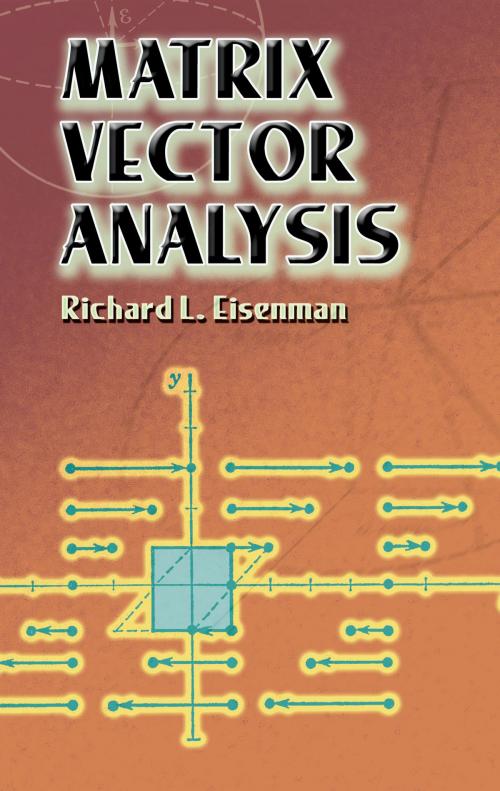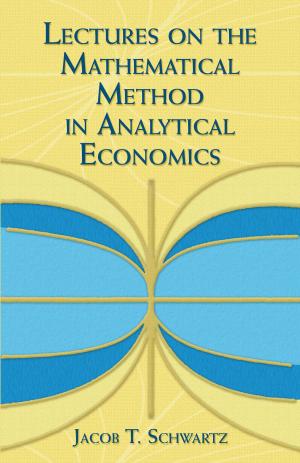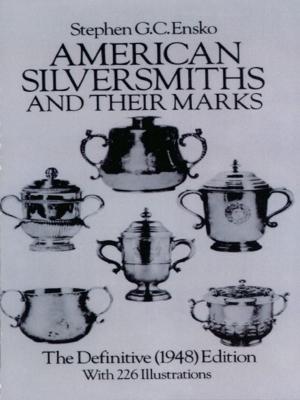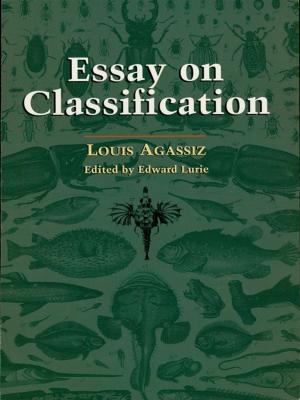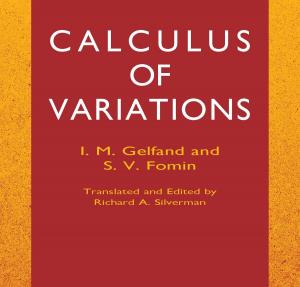| Author: | Richard L. Eisenman | ISBN: | 9780486154572 |
| Publisher: | Dover Publications | Publication: | July 24, 2013 |
| Imprint: | Dover Publications | Language: | English |
| Author: | Richard L. Eisenman |
| ISBN: | 9780486154572 |
| Publisher: | Dover Publications |
| Publication: | July 24, 2013 |
| Imprint: | Dover Publications |
| Language: | English |
This outstanding text and reference applies matrix ideas to vector methods, using physical ideas to illustrate and motivate mathematical concepts but employing a mathematical continuity of development rather than a physical approach. The author, who taught at the U.S. Air Force Academy, dispenses with the artificial barrier between vectors and matrices--and more generally, between pure and applied mathematics.
Motivated examples introduce each idea, with interpretations of physical, algebraic, and geometric contexts, in addition to generalizations to theorems that reflect the essential structure. A combination of matrix and vector methods reinforces both techniques. "Applied" students learn that general theory is a natural and useful culmination of their computations, and "pure" students learn that concrete problems from the physical world have traditionally keynoted abstract intellectual pursuits.
Geared toward upper-level undergraduates, the text features approximately 50 provocative problems at each chapter's end that test students' choice of techniques. Each chapter is also followed by about 25 mental exercises that stimulate imaginative reflection. Answers are given to selected questions.
This outstanding text and reference applies matrix ideas to vector methods, using physical ideas to illustrate and motivate mathematical concepts but employing a mathematical continuity of development rather than a physical approach. The author, who taught at the U.S. Air Force Academy, dispenses with the artificial barrier between vectors and matrices--and more generally, between pure and applied mathematics.
Motivated examples introduce each idea, with interpretations of physical, algebraic, and geometric contexts, in addition to generalizations to theorems that reflect the essential structure. A combination of matrix and vector methods reinforces both techniques. "Applied" students learn that general theory is a natural and useful culmination of their computations, and "pure" students learn that concrete problems from the physical world have traditionally keynoted abstract intellectual pursuits.
Geared toward upper-level undergraduates, the text features approximately 50 provocative problems at each chapter's end that test students' choice of techniques. Each chapter is also followed by about 25 mental exercises that stimulate imaginative reflection. Answers are given to selected questions.
